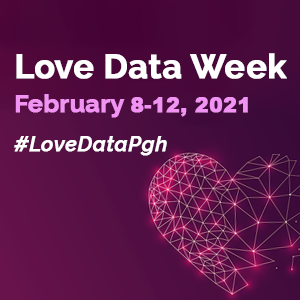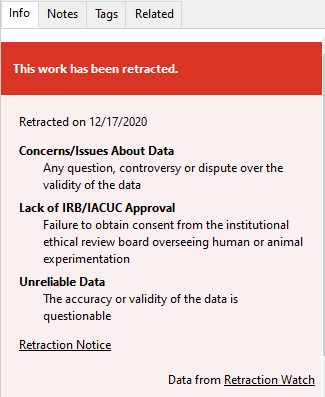Take a moment and consider your name. Do you have a name so unique that you are the only person with that name publishing in your field? I do—there are very few Helenmarys in the world to begin with. But if you cut my first name down to “Helen,” suddenly I could be one of a dozen authors working in my area. Reduce it further to “H,” and I’ve vanished among the crowd. Uniqueness is no match for the sheer ubiquity of names in the online scholarly publishing record.
What I need is a PID: a persistent identifier that refers to me and only me, and would still refer to me if I changed my name. For names, that’s easy: I have an ORCID iD, a sixteen-digit alphanumeric string that I can connect to my research output and take with me wherever I go. But what if I were not a person but a dataset, an article, or a piece of software? All of those can get PIDs too, as can far stranger objects, the breadth of which was the focus of January’s all-online, still-available, free PIDapalooza festival. Continue reading
 HSLS has a vast collection of electronic resources such as e-journals, databases, and even e-books. The
HSLS has a vast collection of electronic resources such as e-journals, databases, and even e-books. The 

 The week of February 8-12, 2021, is Love Data Week, an international event designed to raise awareness about research data management, sharing, preservation, and—most importantly—how we can help you. To celebrate,
The week of February 8-12, 2021, is Love Data Week, an international event designed to raise awareness about research data management, sharing, preservation, and—most importantly—how we can help you. To celebrate, 
